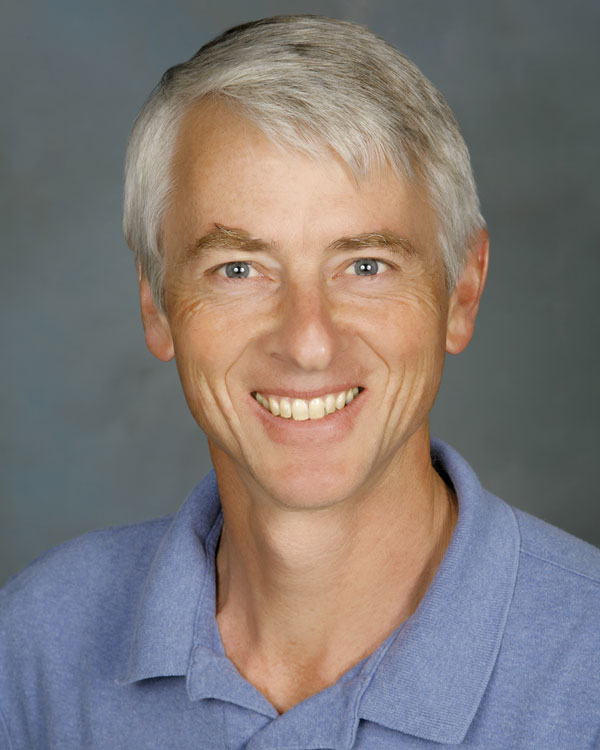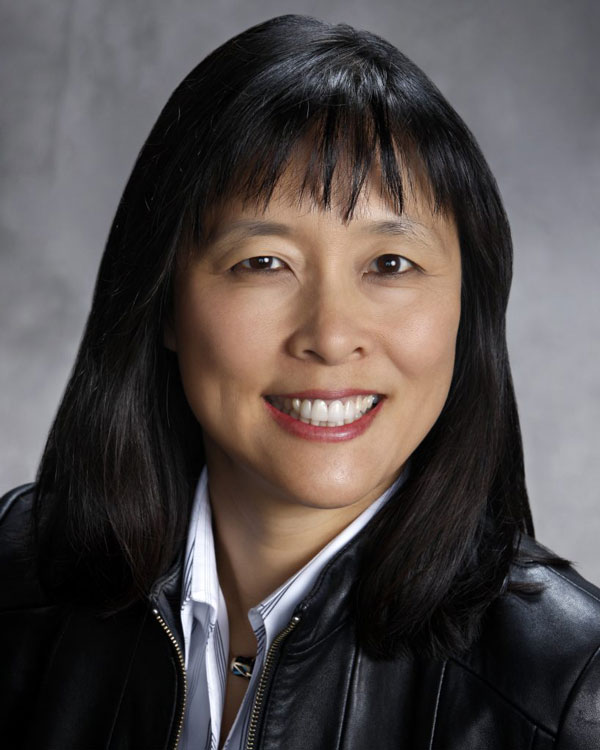Sandia researchers Robert Barlow and Jacqueline Chen are among 125 members who have been named inaugural fellows of the Combustion Institute.
As dedicated members of the international combustion community, fellows are recognized by their peers as distinguished for outstanding contributions to combustion research, whether in combustion fundamentals or in applications. Fellows are active participants in the institute, as evidenced by the publishing of papers in the institute’s affiliated journals, attendance at the International Symposia on Combustion and attendance at the institute’s section meetings.
Robert was recognized for development and application of optical diagnostics for scalar measurements in turbulent flames, providing insights into turbulence-chemistry interactions, according to the institute. Robert’s work has focused on the simultaneous application of several lasers to instantaneously measure the chemical composition and temperature of partially burned gases in flames.
Jackie was recognized for direct numerical simulations elucidating the fundamental processes in turbulent flames in different modes of combustion, according to the institute. Direct numerical simulation refers to a computationally costly but fully resolved type of simulation that resolves all turbulence and flame scales for a given chemical mechanism and therefore does not require model approximations to describe turbulence-chemistry interactions.
As researchers at Sandia’s Combustion Research Facility, Robert and Jackie have expanded the fundamental knowledge of combustion processes while helping to advance cleaner, more efficient burners and engines.
“I am extremely proud of the accomplishments of Robert and Jackie,” said Bob Hwang, director of the Chemistry, Combustion, and Materials Center. “Being named as part of the inaugural class of fellows of The Combustion Institute is a testament to their hard work and commitment to Sandia. They represent the best in our outstanding combustion research community.”
The Combustion Institute is an international, nonprofit educational and scientific society. Founded in 1954, the institute promotes and disseminates research activities in all areas of combustion science and technology for the advancement of many diverse communities around the world.
Robert Barlow, leader in turbulent combustion
Robert leads an experimental facility for measuring temperature and chemicals in flames, with a variety of lasers and diagnostic techniques being applied simultaneously to gain better understanding of complex interactions of turbulent mixing, molecular diffusion and chemical kinetics.
As a proponent of international collaboration in basic research, he has hosted numerous visiting students and combustion scientists.
Since 1996, Robert has served as the lead organizer of the International Workshop on Measurement and Computation of Turbulent Flames. The workshop provides a framework for accelerating the development of predictive, science-based numerical models that can aid in the design of advanced combustion systems with high efficiency and low emissions.

Jackie Chen, leader in direct numerical simulation
Jackie focuses her work on computational simulation of turbulent reacting flows with complex chemistry. She and her team have developed a state-of-the-art, direct numerical simulation code called S3D. The code is the leading one of its kind for combustion applications and is used by combustion researchers and computer scientists worldwide.
Jackie has gleaned insights into fundamental turbulence-chemistry interactions underlying combustion in internal combustion engines, gas turbines and for high-speed propulsion. The simulation’s benchmarks created on the world’s fastest supercomputers also are used by the broader modeling community to develop and assess combustion and mixing models to develop efficient and clean engines operating on hydrocarbon and bio-derived fuels.

Jackie’s impact on fundamental turbulent combustion science underlying engines and especially on the computational members of The Combustion Institute has been expanded by the sharing of computational data for model validation and development. As a director of The Combustion Institute since 2007, she has served on numerous committees.
Also named fellows were former Sandia staff members James Miller, Stephen Klippenstein, Robert Kee, Simone Hochgreb, Mitchell Smooke and Reginald Mitchell; retired Sandia staff member and manager Donald Hardesty; and former Sandia postdoctoral appointees Evatt Hawkes, who worked with Jackie, and Fei Qi.
A complete list of Combustion Institute fellows is available on their website.